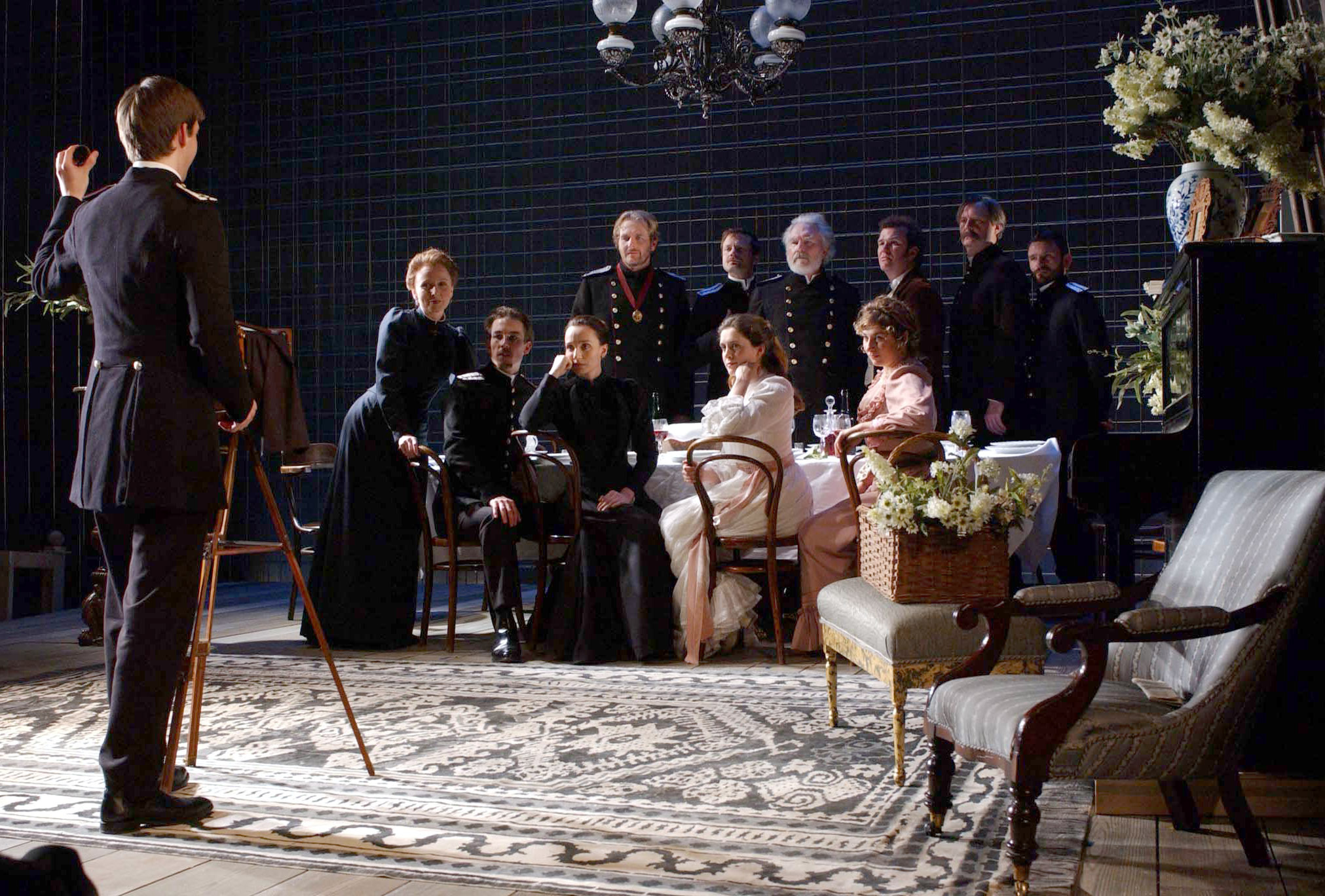My nine-year-old granddaughter Lucia is a miracle. She speaks Russian fluently, without any taint of foreign accent. Paradoxically, she has never been to Russia. She was born in Covent Garden, London, and now lives in Bethnal Green. You can detect in her Londoner’s English a trace of a Yorkshire accent picked up from her father.
It’s not difficult to explain this miracle. Her Russian came to her, first, from her Moscow-born mother. My daughter arrived in England when she was the same age as Lucia is now. She has managed to retain her Russian despite her schooling in the UK. Lucia has also learnt her Russian while frequently spending time with me and my wife – we both emigrated from Russia when we were in our late twenties. The decision to emigrate four decades ago had cost us our Russian citizenships.
And so, since her early years my granddaughter not only heard Russian spoken at home but also learned to read – from the books that we ourselves used to love in our childhood. She fell in love with Pushkin’s poems and Chekhov comic stories, gothic tales of Gogol’s and absurdist children’s poems by Chukovsky and Kharms; she became a great fan of Winnie the Pooh not only in English, but also of its brilliant Russian version created by Boris Zakhoder. Later Lucia was introduced (through YouTube and other channels) to witty, funny and inventive children’s movies produced by independent Russian filmmakers. In short, she immersed herself in the world of images, vocabulary and ideas that have been shared by generations of children of the Russian liberal intelligentsia who used to regard the independent spirit of Russian literature as the best defence of their children’s consciousness against the onslaught of corrupt officialdom.
Lucia couldn’t describe the exact image of this dreamy Russia she had formed in her mind. What kind of mental construction could a child create out of the avalanche of words, pictures and ideas she had avidly been absorbing from books and films in Russian? Is it a fairyland with witches’ gingerbread huts on chicken legs or the one with Stalin’s skyscrapers looming grimly over old Moscow?
Each time when I heard Russian words streaming out of the mouth of my English granddaughter I felt as if I were present at some spiritual seance. Was she possessed by some Russian speaking ghosts? Should she be exorcised? But if it were a ghost, it was a benevolent one. The image of her fictional Russia was surely bright, enchanting and intriguing. For Lucia, it was the ideal country, because it was the place of her beloved mother’s childhood. It had also incorporated a dream of my sweet youth about Russia as the land of the free. Lucia was cherishing this dreamy land and wanted to see for real all that she had heard and read about. There were family plans for a trip to Russia, to celebrate New Year’s Eve in snowy festive Moscow.
And then, when Russia invaded Ukraine on Thursday 24th February something disastrous happened. On the Friday Lucia came back home from her primary school in Columbia Road in tears. School children were shown documentary shots depicting the brutality of the Russian invasion in Ukraine. She hasn’t been prepared for the shock. She hasn’t yet learned to separate the nation and its spiritual manifestations from the national government and its apparatus of suppression. What she saw was just the outright destruction of her fictional ideal Russia by the Kremlin’s dream murderers and mother-tongue abusers.
Zinovy Zinik is a Russian-born novelist, short-story writer and essayist. His fiction includes the novels The Mushroom Picker (1987), History Thieves (2010) and Sounds Familiar (2016)





